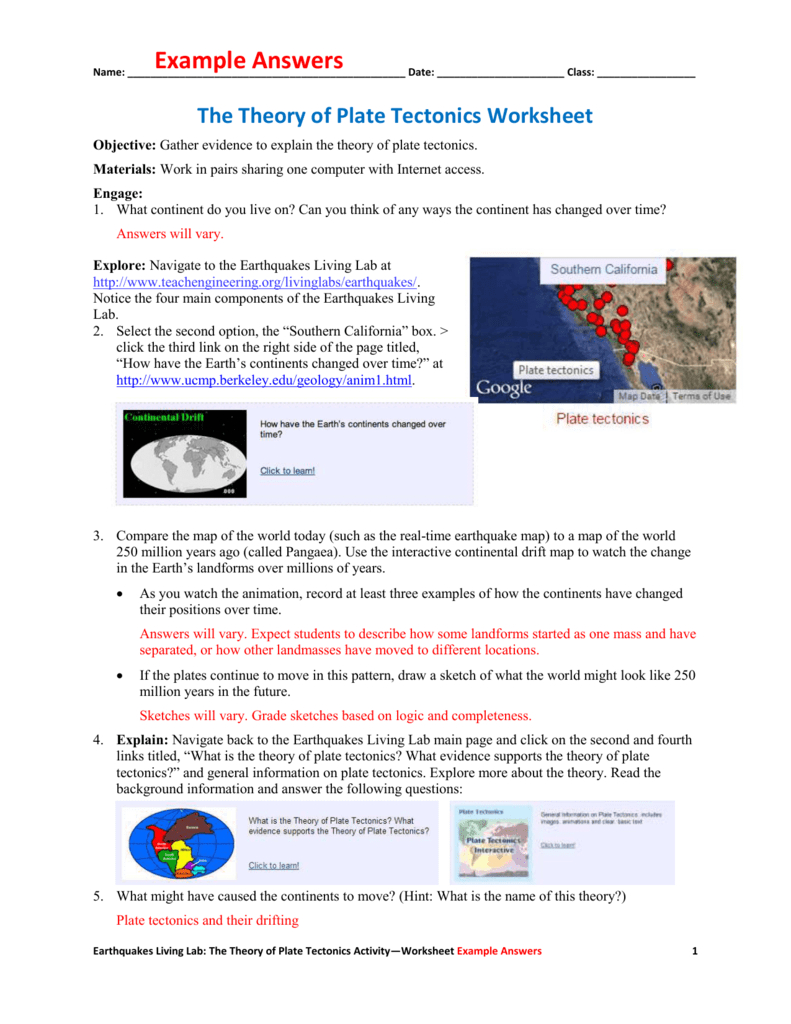
Notably, this image of tobacco as a pure flower contrasts with the image of the white gardenia from earlier in the play, a more conventional symbol of purity and chastity. This simile is striking not only because it situates the relationship of Conchita and Juan Julian within the larger tobacco/cigar frame of the play, but also because it frames their salacious affair as something to be embraced as pure. And it will grow at night, the same way that tobacco plants grow at night" (63). As an example, Conchita then mentions that Juan Julian has told her that their "love will be white and pure like tobacco flowers. When Conchita tells Palomo that Juan Julian tells her "things a woman likes to hear," Palomo asks her to be more specific (63). In Act 2, Scene 2, Palomo confronts Conchita about her affair with Juan Julian, and he asks her a great deal about the ways in which the two lovers communicate. This understanding of gender division in the play also calls into question generational differences between the Alcalar women.

After hearing Anna Karenina, the young and naive Marela believes that men are the ones who are easily replaceable, like cigars her mother, on the other hand, reveals the older and more worldly perspective that women are the ones who are domineered and replaceable in the marital relationship. This response brings out a new element in the simile used by Marela: not only do cigars reveal a hidden sensuousness and romanticism in the everyday, but they also, in being compared to women and men, reveal the ways in which gender dynamics shape the play and our understandings of sexual commodification and consumption. My mother used to say, 'When a man marries, he marries two women, his bride and his cigar'" (30). Additionally, however, this simile is important because it elicits an equally significant response from Marela's mother, Ofelia: "Men marry their cigars, my dear, and the white smoke becomes the veil of their brides. This simile, too, reinforces the submergence of Marela and the other Alcalar women into a romantic atmosphere of sensuality and freedom (i.e., taking on multiple men as marriage partners). As she puts the bands on cigars during her workday, she mentions that putting bands on cigars is "like marrying all these men without actually seeing them" (30). In Act 1, Scene 3, shortly after Marela utters the above quotation about Juan Julian's cologne perfuming the room like smoke, she makes an additional comment concerning the romantic imagery of cigar production. And here, as we see, cigar smoke is also something distinctly sensuous and inviting, something that seems to envelop the whole play in an atmosphere of tangled love affairs. Cigar smoke is something that represents the fruits of one's labor, but it is also emblematic of leisure and hearkens back to a sacred religious tradition. This simile, adding an almost visual element to the scent of Juan Julian drying himself while he reads, is significant because it foregrounds the multivalent nature of smoke in the play. Ofelia comments on his mellifluous and melodic voice, and Marela, for her part, comments on the fragrance released when Juan Julian dries his forehead with a handkerchief: "The fragrance wraps itself around the words like smoke" (27).

In Act 1, Scene 3, after Juan Julian reads a selection from Anna Karenina, the Alcalar women discuss his prowess at reading while they work. Buy Study Guide Cologne as Smoke (Simile)


 0 kommentar(er)
0 kommentar(er)
